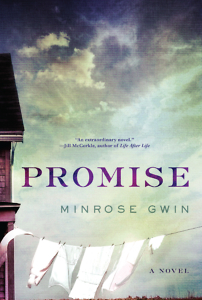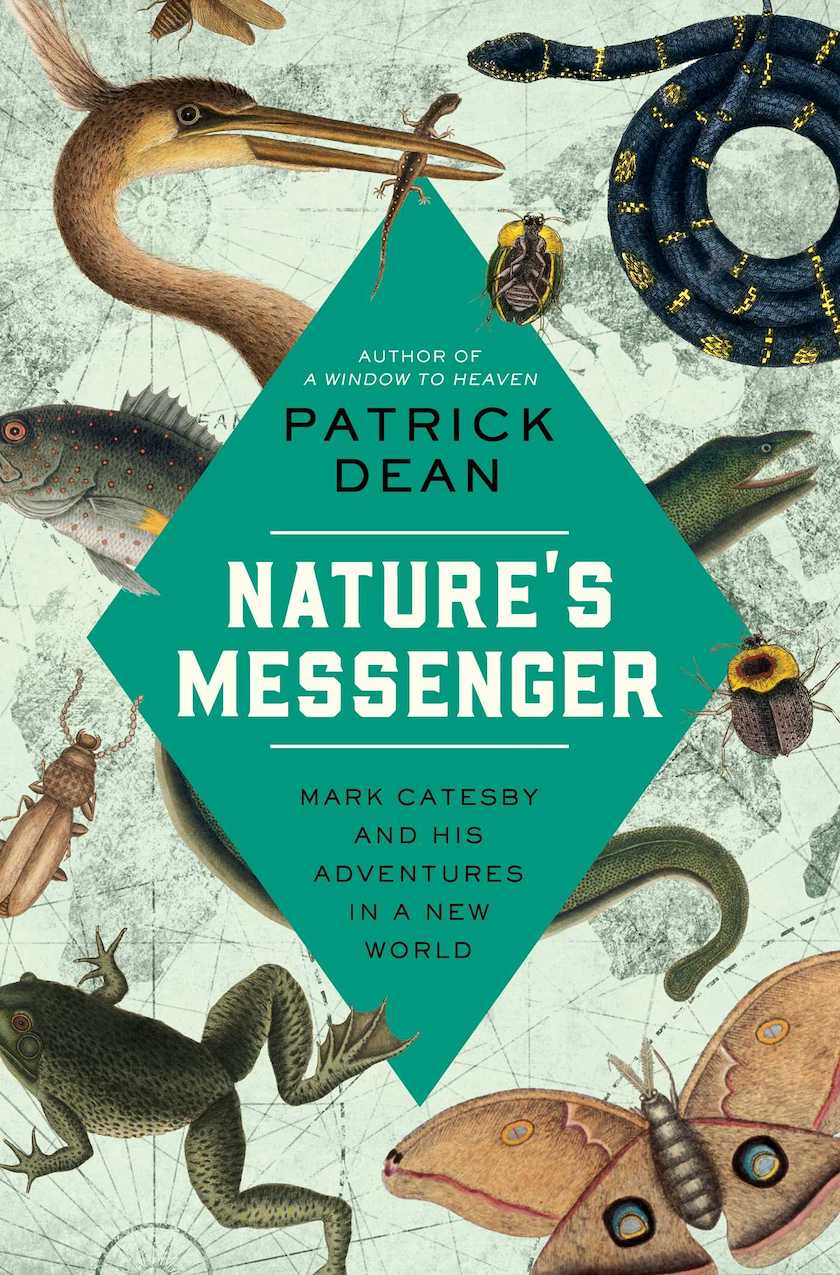The Long Arc of History
Minrose Gwin’s new novel tells a tale of racism in the aftermath of natural disaster
A little after 9 p.m. on April 5, 1936, a massive tornado producing winds greater than 300 miles per hour destroyed half the city of Tupelo, Mississippi, in a matter of minutes. The tornado left behind 200 dead, according to the city’s official count. Tupelo native Minrose Gwin grew up in her grandparents’ house, one of the few in their neighborhood that remained standing.
Gwin’s latest novel, Promise, was inspired by one chilling fact: the tornado’s official death toll included no black people, though a third of the Tupelo population at the time was African American. An entire community was simply ignored in the city’s accounting of its losses. As a result, the fourth most deadly tornado in U.S. history was actually much, much worse than history records.
“A story can sometimes tread where history fails to clear a path,” Gwin writes, “or when that path has been made too tidy, obscuring a fractured landscape.” Working from newspaper articles, eyewitness accounts, and other historical data, Gwin attempts to imagine that “fractured landscape” by contrasting the very different experiences of Dovey Grand’homme, an elderly black woman, and Jo McNabb, the white daughter of a judge, as they search for loved ones in the aftermath of the storm.
Dovey Grand’homme has seen a lot of loss in her long life. Alone at eight—her parents and siblings died in a typhoid epidemic—she has taken in laundry for white families ever since. When their own daughter dies in childbirth, Dovey and her mill-worker husband adopt their infant granddaughter, Dreama. Years later, when sixteen-year-old Dreama is viciously raped, they help her raise her son, Promise, who soon becomes the joy of their lives.
But the violence done to Dreama is a pain Dovey lives with daily. She imagines it as a great bird of prey: “It got her by the shoulders and settled there, its talons reaching around, curling themselves against the cords of her neck, flexing against them. That night it would go to bed with her, and the next morning and the mornings to follow it would be there still, never once loosening its hold.”
 Sixteen-year-old Jo McNabb, the privileged daughter of one of Dovey’s customers, also struggles with pain and loss. Sexually assaulted by a family member, Jo feels unsafe in her own home. Since the birth of Jo’s little brother, Tommy, her mother seems to be suffering from postpartum depression, and the distance between them leaves Jo feeling adrift.
Sixteen-year-old Jo McNabb, the privileged daughter of one of Dovey’s customers, also struggles with pain and loss. Sexually assaulted by a family member, Jo feels unsafe in her own home. Since the birth of Jo’s little brother, Tommy, her mother seems to be suffering from postpartum depression, and the distance between them leaves Jo feeling adrift.
Despite the racism all around her, Jo has a moment of clarity about Dovey: “Jo thought of all the mountains of dirty clothes they’d handed over to the washwoman, how she’d returned them all, again and again, for years on end, spotless, smelling of sunshine and bleach and starch. How many of their cells had they exchanged with her and her family over the years? Jo must be covered in them, and the old woman in hers.”
When Promise and Tommy go missing after the tornado, Dovey and Jo, both seriously injured, must find the babies before it’s too late. Amid the wreckage—buildings reduced to matchsticks, bodies pulled from the rubble or dredged from the lake, wounded residents enduring grisly medical procedures—the two women’s paths intersect. But even in the aftermath of a natural disaster with no respect for color boundaries, Dovey and Jo behave as little more than adversaries when they might well have become allies. In fact, Dovey receives more kindness from the emergency aid volunteers than from Jo or any of her other fellow citizens—some of whom she has known all their lives.
By alternating the novel’s point of view, Gwin unfolds the history of each family in one vivid, beautifully written passage after another, bringing readers deeply into a system of oppression whose roots go back for generations. Jo wants to believe that she and Dreama will have choices their parents did not: “She and this girl mother were in it now, the long arc of history; they were playing their part, larger and more daring than either of them would ever have imagined, and what they did now would shape what came after and what stories might be told and listened to. The storm, it had changed everything, it had made their lives large and momentous.”
Dovey, older and wiser, knows better.

A graduate of Auburn University, Tina Chambers has worked as a technical editor at an engineering firm and as an editorial assistant at Peachtree Publishers, where she worked on books by Erskine Caldwell, Will Campbell, and Ferrol Sams, to name a few. She lives in Chattanooga.



